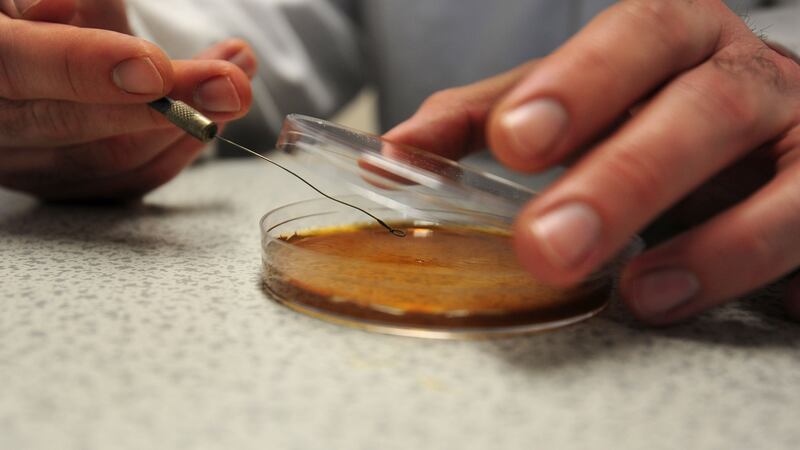DNA mutations throughout a person’s life can significantly increase their biological age and susceptibility to heart conditions, scientists have found.
The changes to DNA, known as somatic mutations, can impact the way blood stem cells work and are associated with blood cancers and other age-related conditions.
A study by researchers at Edinburgh and Glasgow universities suggests that the DNA alterations can accelerate someone’s biological age – how old their body appears – faster than their age in years.
Scientists investigating the changes and their effects studied more than 1,000 people who are now in their 80s and 90s who had sat intelligence tests as 11-year-old children.
The test subjects, born between 1921 and 1936, whose DNA had undergone somatic mutations had a biological age almost four years older than those of the same chronological age with no alterations.
Approximately 6% of the people had the mutated DNA, according to the study, which was funded by Alzheimer’s Research UK and published Current Biology.
Dr Tamir Chandra, group leader at the University of Edinburgh’s MRC Human Genetics Unit, said: “Previously, somatic mutations have largely been studied in cancer.
“Our findings suggest they play a role in other diseases, which will change the way we study disease risk.”
The scientists involved in the study have said that they will now further explore the link between the DNA changes and biological ageing acceleration.
Speaking to PA, Dr Chandra explained how studies into the mutations have previously only focused on the link to cancer rather than biological ageing and heart conditions
He added: “Our study offers an explanation as to why people with the mutations might have a higher risk of cardiovascular disease.
“It’s the specific mutations that change the way blood stem cells work and that are associated with a higher risk of cardiovascular and ischemic heart failure.”








